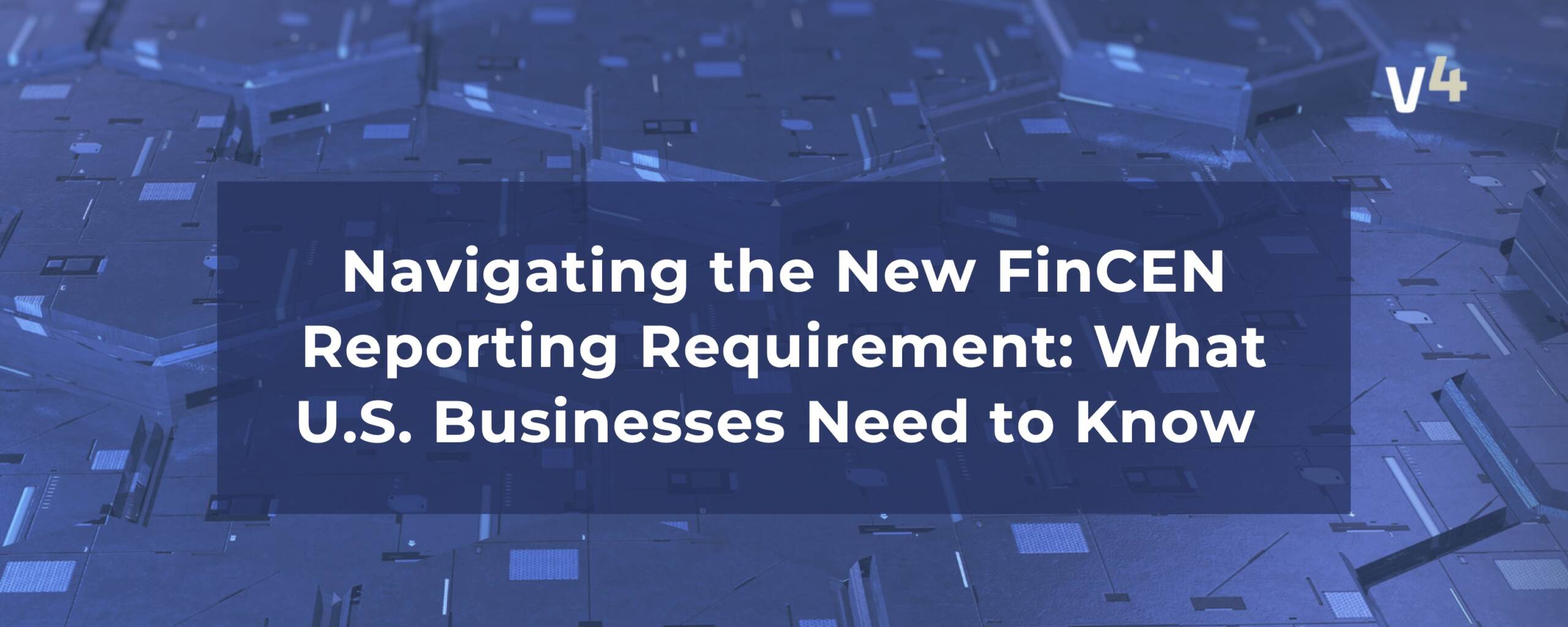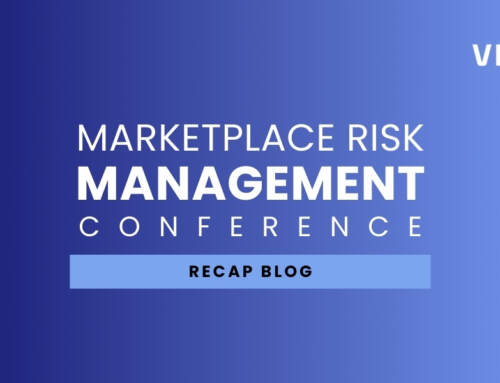As we usher in the new year, U.S. businesses are bracing themselves for a significant shift in regulatory requirements. Effective January 1, 2024, the Financial Crimes Enforcement Network (FinCEN) will enforce the Corporate Transparency Act (CTA), compelling most U.S. companies to report ownership information. This marks a pivotal moment in the fight against tax fraud, terrorism, and money laundering, with implications that extend to businesses of all sizes, including clients served by Vital4.
Understanding the Corporate Transparency Act (CTA)
The CTA mandates that companies identify their “beneficial owners” – individuals with substantial control over the company or those owning or controlling at least 25% of its ownership interests. The goal is to create a comprehensive database vital for combating financial crimes. The Act applies to U.S.-formed corporations, limited liability companies (LLCs), and certain foreign-owned entities operating in the United States.
Key Reporting Details
For companies established before December 31, 2023, the reporting deadline is January 1, 2025. Newly created businesses post-January 1, 2024, must file within 30 days of initial registration. Non-compliance or delayed compliance may result in criminal fines, imprisonment, or civil financial penalties.
FinCEN’s Finalization: The Proposed Rule and Changes
In a bid to streamline the reporting process, FinCEN has finalized the Beneficial Ownership Information Reporting rule. Notably, reporting companies can now use an entity’s FinCEN identifier to fulfill their reporting obligations, simplifying the provision of individual beneficial ownership information. However, this comes with conditions to ensure accuracy and compliance.
Conditions for Using Entity FinCEN Identifiers
Reporting companies can leverage an entity’s FinCEN identifier if the entity has obtained one and provided it to the reporting company. Additionally, the individual identified through the entity must be a beneficial owner of the reporting company, and the beneficial owners of both the reporting company and the entity must be the same individuals.
Clarifications and Updates
To avoid confusion, the language has been revised to consistently refer to the entity whose FinCEN identifier is used as “another entity” or “the other entity.” Any changes in beneficial ownership require an update to be filed promptly with FinCEN, emphasizing the need for accurate and current information.
Impact on Small Entities
FinCEN’s assessment suggests that the final rule will not impose a significant economic burden on small entities. This aligns with the CTA’s goal of providing access to beneficial ownership information while minimizing adverse effects on businesses.
How Vital4 Can Help
As the January 1 deadline approaches, staying informed and leveraging the right tools will be crucial in ensuring compliance and mitigating the challenges posed by the new reporting requirements. We foresee major challenges for U.S. businesses, as the new requirements will significantly impact the process and procedures for new and existing entities. We are here to help you navigate and adhere to these changes.
As a leading provider of sanctions and PEP screening data utilized for AML/KYC, our data solutions offer the most compliant search available. Our platform, powered by machine learning, AI, and sentiment analysis, ensures that businesses can meet their reporting obligations efficiently and effectively. To learn more about how Vital4 can assist your organization in navigating the new FinCEN regulations and beyond, click here.





